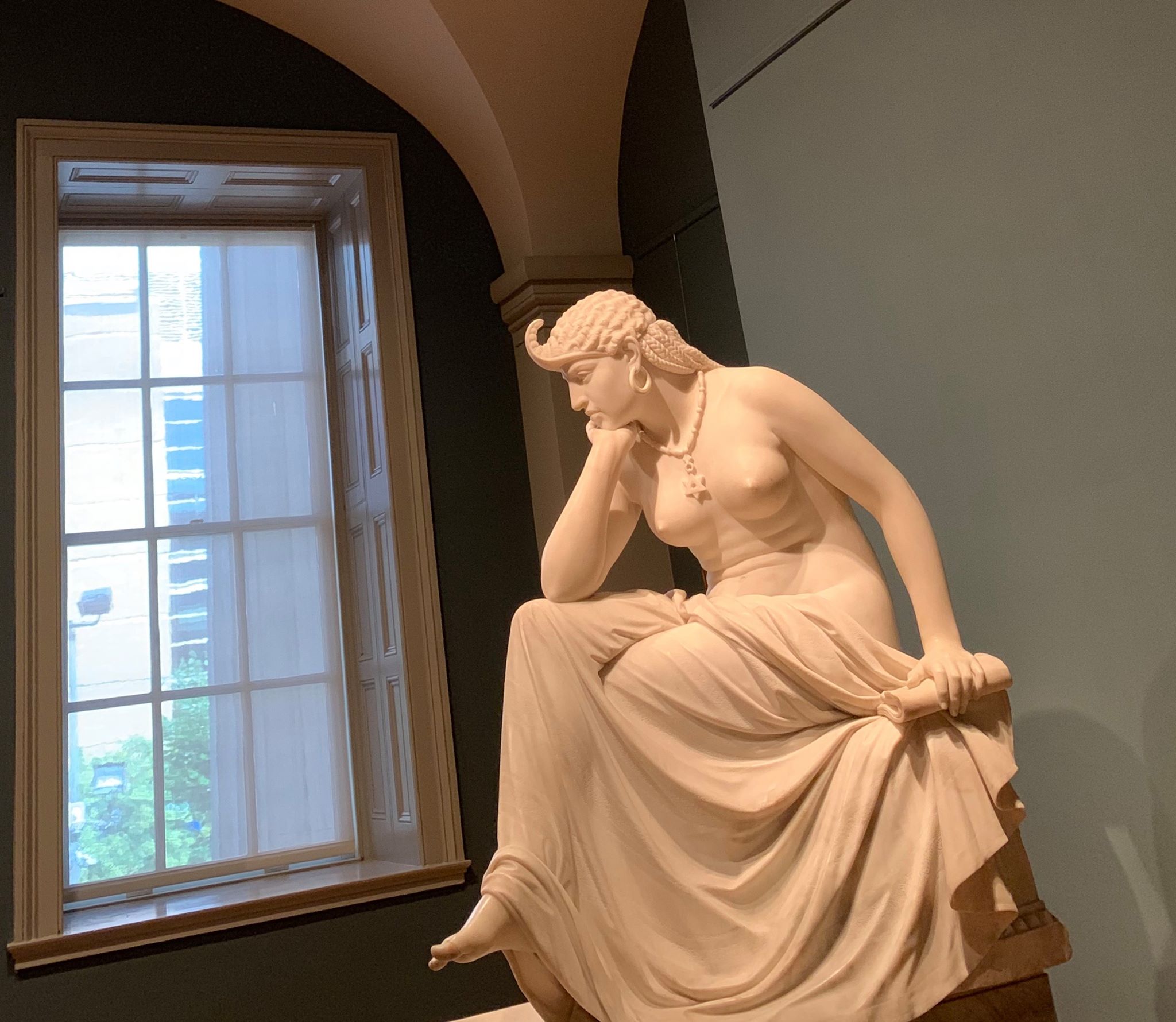
How to Gain Body Awareness and Discover Body Wisdom.
Know your Body, the Door to Knowing your Mind.
By Kessuda Boonngamanong
The body is the home for your soul, your heart and your mind. It is your friend, your teacher, and your own child.
Our body is intelligent. It is the key to unlocking the secrets of our state of mind, feelings and body reactions.
Body actions and sensations come from the attitude that you have toward your body. Positive thinking leads to positive emotions. On the other hand, negative emotions come from negative thoughts. Both the mind and body are well connected.
Working out doesn’t necessarily mean you are aware of your body. I often hear my clients who practice yoga, body movement or exercises like running or walking say that during their moving, they usually think about something, anything. They may be lost in their thinking, daydreaming or just spacing out. Because of this, they are not able to tell which part of their body is lighter or tighter. When there is some pain or injury, they can’t tell what they have done with their bodies or what has caused their pain. This was my own experience in the past. It took me years to fully achieve and understand the body awareness that now guides me to healthy actions for myself.
If you are practicing yoga, pilates, or dance or if you are a physical trainer, yoga teacher, or anyone who spends time training the body, one of the great skills you need to have is body awareness. It provides you with a deep understanding that thoughts, emotions, and body sensations are all interconnected.
What does it mean to have body awareness?
1.Ability to pay attention to your posture and body movement, whatever you are doing.
2.Ability to pay attention to body alignment, balance, and stability.
3.Ability to pay attention to sensations:
-breathing sensation. Whether you control your breaths, a general awareness of your breathing.
-sensations like feeling tense, light, warm, cold, hurt, heavy, intense, sore, relieved, dizzy, etc.
4.Awareness of your postures, body expressions or body language in each moment. For example, frowning, arms akimbo, bending, hunching over, leaning, hands clenched, chin down, loud voice, quiet voice, trembling voice, walking speed, etc.
5.An understanding that your body reactions are influenced by different factors such as smell, sound, touch, food, weather, and mood. For example, when you are sad or upset, your eyes tend to drop down, your chin drops down, you may have short breaths, fatigue, tightness in your chest, lower voice, slower walking, etc.
6.Ability to take care and make adjustments. If your posture or movement creates a negative effect, you can adjust or change your body, emotions, thoughts, diet, etc. for a positive outcome. For example, I noticed during the wintertime when I walked out of my house, my shoulders and my neck automatically hunched. At the end of the day, I felt the tension in my shoulders. I opened my chest and neck and stretched my shoulders. Now, I keep my neck and shoulders as warm as I can.
Body awareness isn’t just noticing or recognizing the body, it also includes the ability to realize and understand the nature of the body’s relationship with mind, emotion, and environment. And finally, it includes having a commitment to change and to take care of yourself and your relationships with others.
The benefits of body awareness
1.Having the skill to adjust and balance your body allows various operations in the body to work normally and efficiently, such as the circulatory system, skeletal system, respiratory system, digestive system, nervous system, etc.
2.You will recognize when you are becoming stressed. Your joints may be contracted or move out of their normal positions, tense shoulders, clenched hands or teeth, frowning, tightening the jaw, contracting the abdomen, etc. You will be able to relax. This will have a positive effect on the body in the long run.
3.Your appearance and demeanor will give you a positive self-image and create a good impression with others.
4.You will be more aware of the relationship between body actions and emotions. For instance, when you are worried or afraid, you tend to hunch or contract your abdomen.
5.Similarly, your awareness of the thoughts that affect emotions, sensations and body actions will be improved.
6.The chance of accidents and injuries will be reduced.
7.You will develop the skill to notice the capacity and limitations of your body and mind.
8.You will be able to help your body recover from injury faster. When you know which part of your body needs special treatment or which posture is good for your body, you will be more careful in your movement.
9.You will have confidence that your body gives you the power you need to take care of the important things in your life.
10.You will develop a sensitivity to the body language of others.
11.Your self-love, self-confidence, and independence will increase.
Having well-developed body awareness skills is the path to a healthy lifestyle. I encourage you to take the effort to practice and learn. In my next article, I will share some tips.
For the best outcomes in cultivating full body awareness, find a skillful Mindfulness-Based Stress Reduction (MBSR) teacher who is also experienced in a holistic way of body practice like Yoga, Tai-chi, etc. I offer one on one and group practice customized for you.
Continue to the next article (Link)
“How to Practice Body Awareness”
Author: Kessuda Boonngamanong
Highly-skilled and experienced in practicing mindfulness and body awareness for more than 20 years. Author of “Yoga Awareness”.
Life Coach, Mindfulness, MBSR ( Mindfulness-Based Stress Reduction), Yoga and Enneagram instructor.
Certified MBSR and Enneagram Professional Coach, teaching Mindfulness and Yoga for more than 20 years.
Designer of a Mindfulness program for an International Mindfulness Recovery Center in Thailand and the founder of Yosuda: Awakening Space.